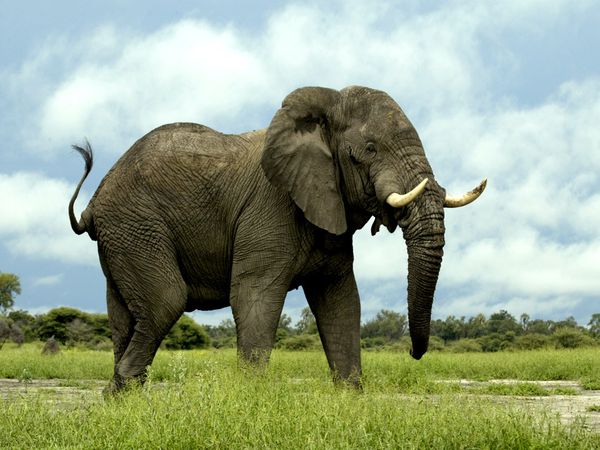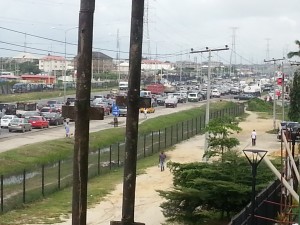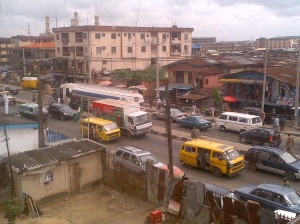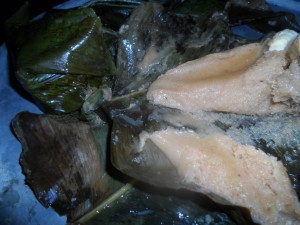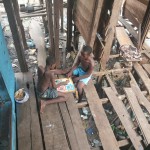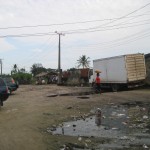Wúrà jẹ ikan ninú ohun àlùmọ́ni iyebiye, pàtàki fún ohun ẹ̀ṣọ́. Ẹwà Wúrà ki hàn, titi di ìgbà ti wọn bá yọ gbogbo ẹ̀gbin rẹ̀ kúrò pẹ̀lú iná tó gbóná rara. Àwòrán ti ó wà ni ojú ewé yi fihàn pé bi Wúrà bá ti pọ̀ tó lára ohun ẹ̀sọ́ ló ṣe má wọn tó, ki ṣé bi ohun ẹ̀ṣọ́ bá ti dán tó tàbi tóbi. Fún àpẹrẹ, àwòrán ohun ẹ̀ṣọ́ Wúrà kini tóbi, ó si dán ju àwòrán ohun ẹ̀ṣọ́ Wúrà keji, ṣùgbọ́n ohun ẹ̀sọ́ Wúrà ninú aworan keji wọn ju ohun eso Wúrà kini ni ìlọ́po mẹwa. Ìyàtọ̀ ti ó wà ni Wúrà gidi àti àfarawé ni pé, Wúrà gidi ṣe é tà fún owó iyebiye lẹhin ti èniyàn ti lo o, kò lè bàjẹ, bi ó bá kán, ó ṣe túnṣe; ṣùgbọ́n àfarawé kò bá ara ẹlòmiràn mu, bi ó bá kán, kò ṣe é túnse; kò ki léwó.
- Wúra àfarawé – Imitation Gold or Costume Jewellery set. Courtesy: @theyorubablog
- Wúrà gidi – 18k Gold set. Courtesy: @theyorubablog
Gẹ́gẹ́bi òwe Yorùbá ti ó sọ pé “Gbogbo ohun tó ndán kọ́ ni Wúrà”, bẹni ki ṣe gbogbo èniyàn ti wọ̀n pè ni Olówó tàbi Ọlọ́rọ̀ ló tó bi àwọn èniyàn ti rò. Ọ̀pọ̀ irú àwọn wọnyi, jẹ igbèsè tàbi fi èrú kó ọrọ̀ jọ lati ṣe àṣe hàn, òmiràn ja olè, gbọ́mọgbọ́mọ àti onirúurú iṣẹ́ ibi yoku. Gbogbo ohun ti wọn fi ọ̀nà èrú kó jọ wọnyi kò tó nkankan lára ọrọ̀ ti ẹlòmiràn ti ó ni iwà-irẹ̀lẹ̀ ni. Fún àpẹrẹ, owó ti àwọn Òṣèlú àti Òṣiṣẹ́-Ìjọba ilẹ̀ Aláwọ̀-dúdú fi èrú kó jọ, ti wọn nkó wá si Òkè-òkun tàbi fi mú àwọn èniyàn wọn lẹ́rú, kò tó ọrọ̀ ti ọmọdé ti ó ni ẹ̀bun-Ọlọrun ni Òkè-òkun ni.
A lè fi òwe “Gbogbo ohun tó ndán kọ́ ni Wúrà” gba ẹnikẹ́ni ni iyànjú pé ki wọn ma ṣe àfarawé, tàbi kánjú lati kó ọrọ̀ jọ. Àfarawé léwu, nitori ki ṣe gbogbo ohun ti èniyàn ri ló mọ idi rẹ̀.
ENGLISH TRANSLATION Continue reading
Originally posted 2014-09-30 22:55:23. Republished by Blog Post Promoter





